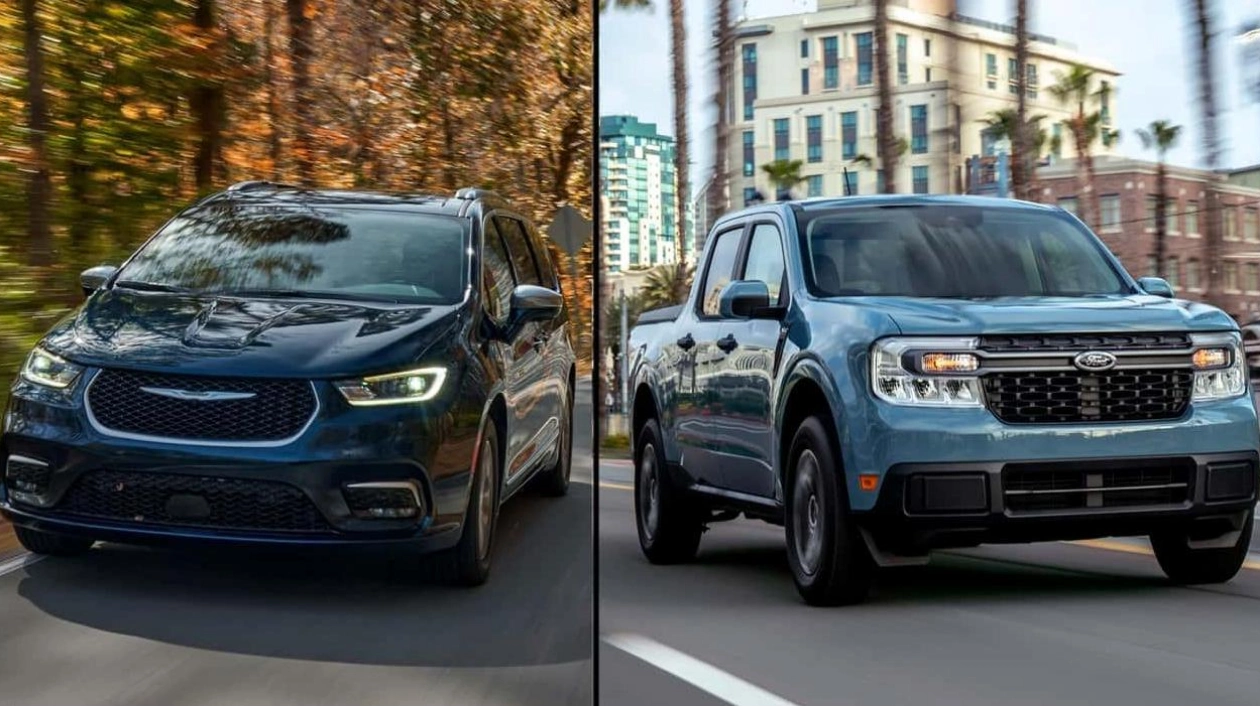The National Highway Traffic Safety Administration (NHTSA) reports that Ford and Fiat Chrysler Automobiles (FCA) are experiencing a challenging year in terms of recalls. As of mid-August, both companies have issued 41 recalls each, which is more than double the number of recalls by BMW, which ranks third. This pace translates to an average of 1.28 recalls per week for these Detroit-based brands, and the year is not yet over. On August 9, Ford announced four recalls affecting nearly 45,000 vehicles. The most significant recall involves malfunctioning windshield wiper motors in 37,371 vehicles, specifically affecting certain Mavericks, Bronco Sports, and Mustang Mach-Es due to potential water intrusion leading to motor failure. Additionally, the 2024 Ford Mustang faces a recall due to potential suspension failures caused by defective knuckles in 4,595 vehicles. Ford Transits are recalled for steering column issues caused by a faulty bolt in the shaft, affecting 1,902 vehicles, and 757 Mavericks are recalled to address an unresolved electrical issue from a previous recall.
Meanwhile, FCA issued two Jeep recalls on August 8, which, although smaller in scale, are crucial for safety. These include 243 Grand Cherokee Ls recalled due to inadequate welds on child seat tethers and 27 Jeep Wranglers recalled for incorrect taillights obscured by the spare tire. On August 1, three additional recalls were announced: 2,852 Dodge Challengers and 898 Chargers were recalled for seatbacks that may not lock in the upright position. Additionally, 94 Wranglers and Gladiators were recalled again to rectify a power-loss issue from an earlier recall.
Between the two automakers, Ford might be considered in a more precarious position. During a July financial conference call, Ford disclosed that its recall and warranty costs exceeded $2.3 billion in the last three months, averaging $25 million per day. Despite having the same number of recalls, Ford's recalls impact 3.7 million vehicles, compared to 2.6 million at FCA. It is also notable that FCA encompasses multiple brands, whereas Ford operates under Ford and Lincoln. Ford CEO Jim Farley has committed to addressing quality issues since taking the helm, but it seems this effort is still ongoing. Stellantis CEO Carlos Tavares has expressed concerns about FCA's challenges, indicating that resolving North American issues is a priority and suggesting that unprofitable brands might be shut down if they fail to improve.






